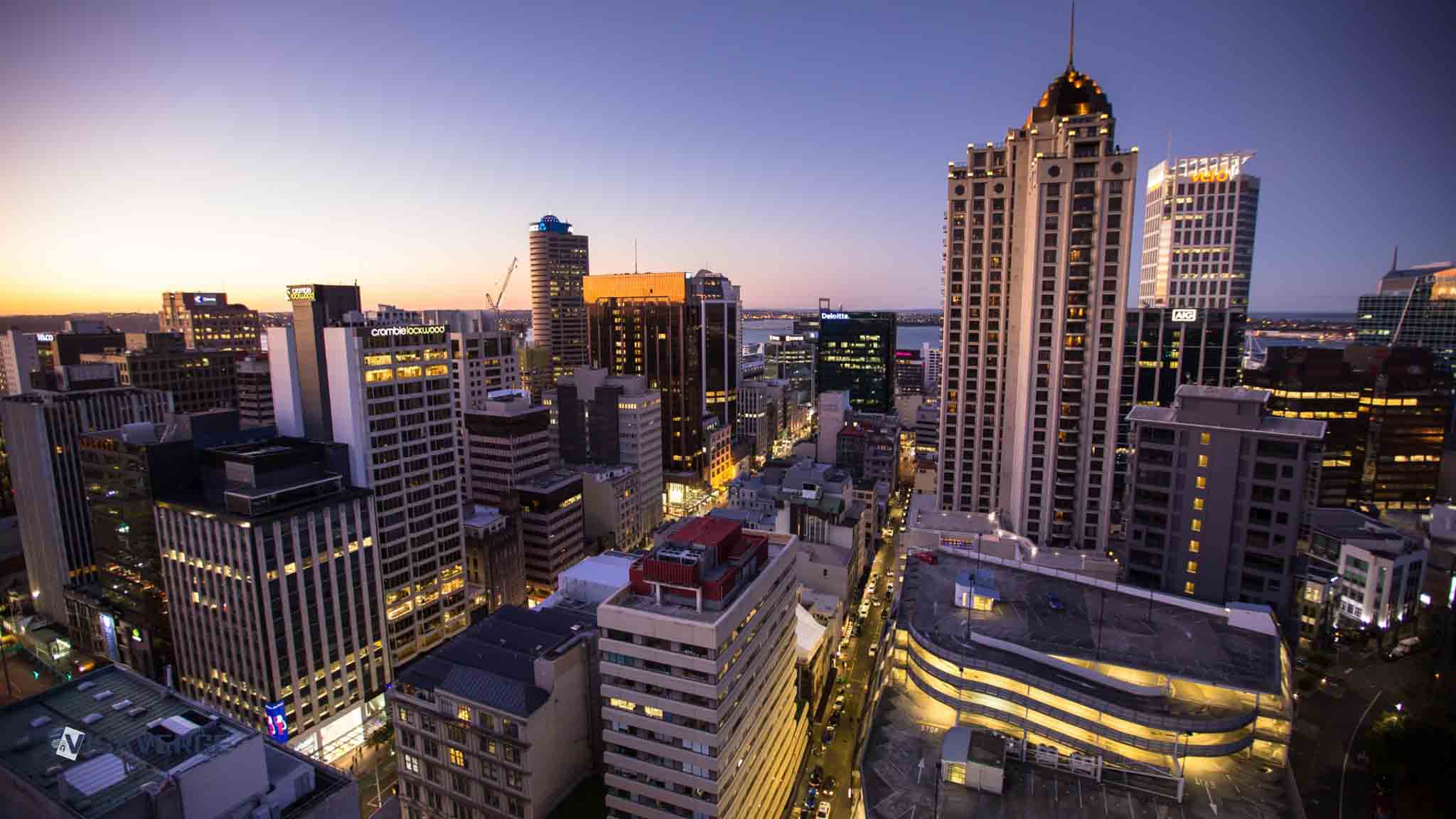Navigating the Impact of Divorce on Partner Visa Status in Australia
Understanding Partner Visa Status in Australia
Navigating through the complexities of immigration law can be challenging, especially when personal circumstances change unexpectedly. For those holding or considering a partner visa in Australia, understanding the implications of relationship changes on visa status is crucial. Below, we delve into a critical question: How does divorce affect my partner visa status in Australia?
The Basis of Partner Visas in Australia
Partner visas in Australia are primarily granted on the basis of a genuine and ongoing relationship with an Australian citizen, permanent resident, or eligible New Zealand citizen. Given that personal relationships can be fluid, it’s important to know how significant life events, such as divorce, can impact your partner visa status.
Divorce Impact on Partner Visa Australia
When the Relationship Ends Pre-Permanent Visa

If your relationship ends before you are granted a permanent partner visa, the effect on your immigration status can be substantial. Australian immigration authorities must be notified of any changes in your relationship status, as this can influence the outcome of the ongoing visa process.
Notifying the Department
It’s vital to notify the Department of Home Affairs if your relationship ends. Transparency regarding changes in circumstances is a key requirement of holding a partner visa.
After Permanent Partner Visa Grant
If you are already holding a permanent partner visa, the situation may differ. Typically, your visa should not be affected by a subsequent divorce as the visa is no longer conditional on the relationship status. However, there are certain obligations and responsibilities visa holders must adhere to.
Ensuring Your Visa Remains Valid
Even after a divorce, keeping immigration authorities updated with your current circumstances, especially if you have children, is crucial.
Partner Visa Cancellation After Divorce
Department’s Discretion on Cancellation
The Department of Home Affairs holds the discretion to cancel a visa if they find out that the relationship was not genuine or if the visa was acquired through fraudulent means.
Importance of Legal Advice
Given the complexity of immigration laws, getting expert legal advice is recommended. A qualified immigration lawyer can provide advice tailored to your specific situation, which is especially helpful if you fear potential partner visa cancellation after divorce.
Where to Seek Help
For the most accurate and official advice, you should consult with the Department of Home Affairs or get in touch with a registered immigration attorney.
What Should You Do Next?
Facing a divorce and concerned about your partner visa status? Here’s a brief checklist to guide you:
- Notify the Department of Home Affairs about the change in your relationship status.
- Consult with an immigration lawyer for personalized advice.
- Collect and prepare any relevant documentation that supports your case.
- If necessary, explore other visa options that may allow you to remain in Australia.
Staying Informed and Prepared
Keep yourself informed about the current immigration laws and policies in Australia. Official resources like the Department of Home Affairs website provide comprehensive guidance on various visa-related issues.
Navigating through divorce and its implications on your partner visa status in Australia can be daunting, but understanding the law and seeking the right advice will help you manage your situation effectively. Remember, while a divorce may introduce new challenges to your visa status, there are clear pathways and rules in place that govern the outcome—staying informed and proactive is key.
Expert Insights
Did You Know?
1. Immigration has been a major contributor to Australia’s population growth.
With a long history of immigration, Australia has experienced significant population growth due to its immigration policies. Since World War II, over 7.5 million immigrants have settled in Australia, making it one of the most multicultural countries in the world today.
2. The majority of immigrants to Australia arrive through skilled migration programs.
While partner visas are one way to enter Australia, the majority of immigrants actually enter through skilled migration programs. These programs are designed to attract individuals with specific skills and qualifications that are in demand within the Australian job market.
3. Australia operates a points-based immigration system.
In order to qualify for certain visa categories, such as skilled visas, Australia operates a points-based immigration system. Applicants are awarded points based on factors such as age, English language proficiency, education, work experience, and skills. This system helps prioritize individuals who meet the country’s specific needs.
4. Australia’s immigration detention system is controversial.
Australia has faced criticism for its policy of mandatory immigration detention for individuals who arrive without valid visas. This policy has been a subject of concern for human rights organizations, who argue that the indefinite detention of asylum seekers and refugees raises serious human rights issues.
5. The White Australia Policy shaped immigration in the past.
From the late 19th century until the mid-20th century, Australia implemented the White Australia Policy, which restricted non-European migration. This policy aimed to maintain a predominantly white population and exclude immigrants from Asian and other non-European countries. The policy was gradually dismantled from the late 1960s onwards.
6. The first wave of immigrants to Australia were mainly convicts.
Australia’s origins as a British penal colony mean that the first wave of immigrants to the country were mainly convicts. In the 18th and 19th centuries, thousands of British convicts were transported to Australia as a form of punishment. This convict heritage still influences certain cultural aspects of Australian society today.
7. Australia has a unique program for Pacific Islander immigration.
Australia has a unique program called the Pacific Labour Scheme that allows workers from Pacific Island countries to work in Australia for a limited period. This program aims to address labor shortages in certain industries while also promoting development in the Pacific region.
8. Australia has offered refuge to many displaced people.
Throughout history, Australia has offered refuge to many displaced people fleeing conflict and persecution. From accepting Jewish refugees during World War II to providing resettlement opportunities for people from war-torn countries such as Syria, Australia has played a role in providing a safe haven for those in need.
9. Immigration has positively contributed to Australia’s economy.
Studies have shown that immigration has had a positive impact on Australia’s economy. Immigrants bring new skills, contribute to job creation, and help drive economic growth. This positive effect is particularly evident in industries such as healthcare, education, and technology.
10. There are over 200 languages spoken in Australia.
Australia is a linguistically diverse country, with over 200 languages spoken by its residents. English is the national language, but due to its multicultural population, there are numerous languages spoken, including Mandarin, Arabic, Vietnamese, Italian, and Greek, among others. This linguistic diversity adds to the country’s cultural richness.
Remember, immigration is a complex and ever-evolving topic. Exploring these lesser-known facts about immigration in Australia can help deepen your understanding of this important subject.
Learn today
Glossary or Definitions:
- Partner Visa: A visa granted to individuals who are in a genuine and ongoing relationship with an Australian citizen, permanent resident, or eligible New Zealand citizen. It allows partners to live, work, and study in Australia.
- Permanent Partner Visa: A partner visa that grants permanent residency in Australia. Once granted, the visa is no longer conditional on the relationship status.
-
Department of Home Affairs: The Australian government department responsible for immigration and citizenship matters.
-
Relationship Status: The current status of a person’s personal relationship, such as being in a marriage or de facto relationship.
-
Transparency: The act of being open, honest, and forthcoming about changes or developments in one’s circumstances, particularly in relation to immigration matters.
-
Visa Holder: An individual who holds a valid visa for a specific country, granting them certain rights and privileges, such as the right to live and work in that country.
-
Immigration Authorities: Government bodies or agencies responsible for enforcing immigration laws and regulations, processing visa applications, and making decisions regarding immigration status.
-
Visa Cancellation: The act of revoking or terminating a person’s visa, resulting in the individual losing their legal status to stay in the country.
-
Genuine Relationship: A bona fide, sincere, and authentic relationship between two individuals, without any fraudulent or deceptive intent.
-
Fraudulent Means: Dishonest or deceptive measures used to acquire a visa, such as providing false information, forged documents, or misrepresenting relationship details.
-
Legal Advice: Guidance and counsel provided by qualified professionals, such as immigration lawyers, who have expertise in immigration laws and regulations.
-
Registered Immigration Attorney: A lawyer who is authorized and registered to practice immigration law and provide legal advice on immigration matters.
-
Documentation: Written evidence, records, or paperwork that supports and substantiates claims or assertions, such as proof of relationship, financial support, or residency.
-
Visa Options: Alternative visa types or pathways available for individuals to explore if their current visa status is at risk or has been affected by changes in personal circumstances.
-
Immigration Laws and Policies: The legal framework and regulations established by a country’s government to govern immigration processes, procedures, and requirements.
-
Pathways: The available routes, options, or steps that individuals can follow to achieve a specific outcome, such as obtaining or maintaining a visa status.
-
Proactive: Taking initiative and being engaged in actively managing and addressing one’s immigration situation through timely actions, updates, and compliance with obligations.
Divorcing and worried about your partner visa in Australia? Stay informed and proactive by notifying the Department of Home Affairs, seeking legal advice, and collecting relevant documents. Remember, there are clear pathways and rules in place, and while it may be challenging, you can navigate through it. For more information and expert guidance, visit visaverge.com.
FAQ’s to know:
FAQ 1: How does divorce affect my partner visa status in Australia?
Answer: If your relationship ends before being granted a permanent partner visa, it can have a substantial impact on your immigration status. It is important to notify the Department of Home Affairs about the change in your relationship status as transparency regarding changes in circumstances is a requirement of holding a partner visa.
FAQ 2: Can a divorce affect a permanent partner visa in Australia?
Answer: Typically, a divorce should not affect a permanent partner visa as it is no longer conditional on the relationship status. However, it is important to keep immigration authorities updated with your current circumstances, especially if you have children.
FAQ 3: Can a partner visa be cancelled after a divorce in Australia?
Answer: The Department of Home Affairs holds the discretion to cancel a partner visa if they find out that the relationship was not genuine or if the visa was acquired through fraudulent means. It is advisable to seek expert legal advice from an immigration lawyer if you are concerned about potential partner visa cancellation after a divorce.
What did you learn? Answer below to know:
- True/False: Divorce automatically cancels a partner visa in Australia.
- What should you do if your relationship ends before being granted a permanent partner visa in Australia?
- Who holds the discretion to cancel a partner visa in Australia after a divorce?













